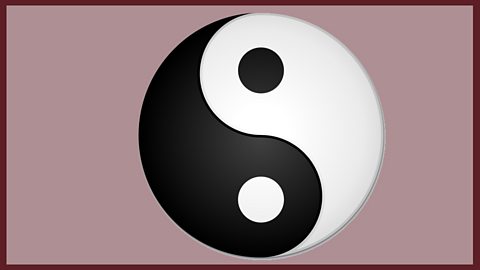Programme content:
Story: Jonah and the Whale by Nicki GrischottiSong: βCome and Praise, no. 141: βShalomβVoxpop/Feature: Children talk about what Yom Kippur is.Reflection: on giving thanks for the food we like to eat, being able to share it with other people and being aware of the needs of others less fortunate than ourselves
Pre-programme questions:
- Have you ever heard the story of Jonah and the Whale? What do you know about it?
- What does the word βsacrificeβ mean?
- What might you have to sacrifice to help other people? Have you ever given up something you wanted to do or have in order to help others?
Story synopsis:
Jonah is the messenger for God. He is ordered to go to Ninevah to tell people to stop being bad - otherwise their city will be destroyed. Jonah does not want to take Godβs message - so he boards a ship heading in the other direction!
There is a terrible storm during the voyage and Jonah tells the crew the reason for it is that God is angry with him. The crew throw Jonah overboard and the storm subsides β¦ but Jonah is swallowed by a whale!
Inside the whale, Jonah reflects on what he has done and realises he needs to go to Ninevah to deliver Godβs message. The whale burps and out comes Jonah! He travels to Ninevah and delivers the message to the King. He is also sorry and God forgives him as he believes Jonah has learned a valuable lesson.
After the story:
- What was the name of the city God asked Jonah to travel to?
- What kind of ship did Jonah decide to travel on?
- How long did Jonah feel he was in the whaleβs stomach?
- Which river did Jonah walk along to get to the city?
Follow-up activities:
- Write a menu for your ideal celebration meal. Who would you eat it with and what would be the perfect place for it?
- Research some of the traditional foods that Jewish people eat during New Year - do some of the meals eaten symbolise something?
- How do some of the foods eaten by Jewish people at New Year compare to foods eaten during Christmas, Eid or Diwali celebrations?
- Visit a local church, temple or mosque to find out about food and faith. In what ways are they linked and what are the special occasions for each faith in which food plays an important part?
- Yom Kippur is a time to think about the past and look ahead to the future; itβs a time for saying sorry and for trying to put right things that have gone wrong. Saying sorry is not always easy to do. Have you ever said sorry for something youβve done, or has someone said sorry to you? Talk about saying sorry as a class and then design a poster that explains why saying sorry is a good thing to do. The poster needs to be bright with a simple message.
Click to display the image full size
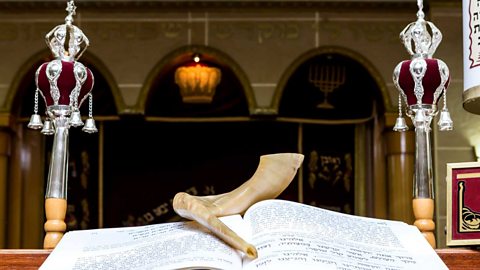
Download the full programme (mp3)
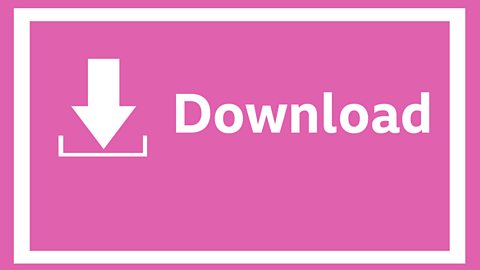
KS2. Harvest. audio
Gemma finds out about the annual celebration of the Harvest and the importance of sharing.
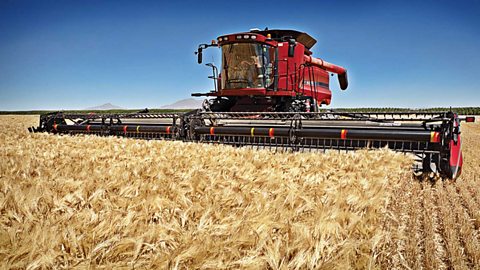
KS2. Navratri. audio
A programme about the hot and spicy foods eaten during the Hindu festival of Navratri
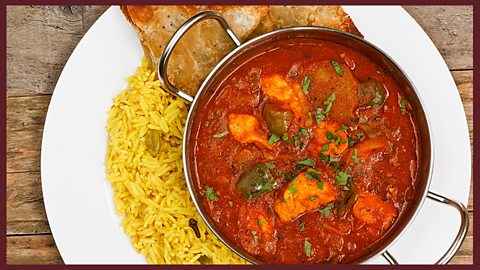
Chinese Double Ninth festival. audio
Gemma Hunt continues her exploration of Autumn festivals - today the 'Double Ninth'.
